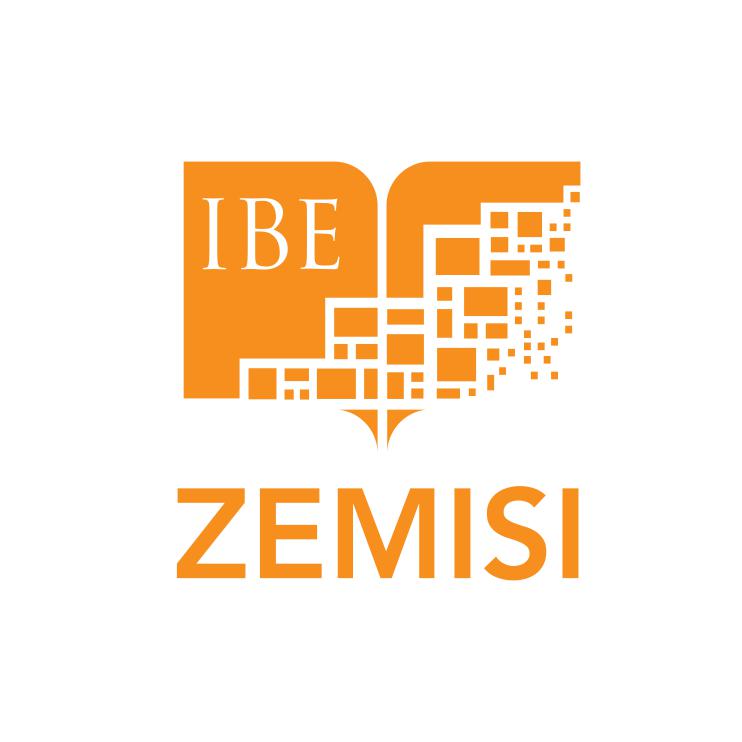Project objectives
The research being conducted as part of the project is to verify the idea of the state formulating educational policy aimed at building and shaping national identity in schools. The project involves identifying the opinions of students and staff of educational institutions on the ways of defining national identity, methods and their effectiveness and the directions of shaping Polish national attitudes in the process of teaching various subjects (Polish language, social studies, history and current affairs, history, geography, nature, etc.) and integrating this into the education of pupils in primary and secondary schools. The study will determine the quality of the attitudes about shaping national identity of the directors of educational institutions and teachers who have direct contact with children and youth.
The designed questionnaire tools are targeted to five groups of respondents:
- school directors
- teachers
- students of primary school grades 1-3
- students of primary school grades 4-6
- students of primary school grades 7-8 and secondary schools.
As part of the project, qualitative research will be conducted in the form of unstructured interviews and focus group interviews, to which school directors, teachers of early childhood education and subject teachers will be invited.
Planned effects
From the collected and ordered empirical material, the result of the project will be to determine the quality of approaches to the issue of national identity in the studied groups (school directors, teachers, students of individual age categories), in the communities of very large/large cities and small cities/rural areas, as well as in the individual regions of the country with separate historical traditions resulting from the complex aspects of past events (partitions, border changes, resettlement).
Research on attitudes towards national identity and the ways of shaping them is not an easy or frequent process in Poland. Although there are scientific institutes and organisations working on the diagnosis and shaping of civic attitudes, there is an observable deficit in education which needs to be addressed. This measurement gap is to be filled by the present project. There is also a lack of measurements of attitudes and views of educational staff regarding the existing and formulated education policy of the state in the field of national identity.
As a result of the research, analyses will be developed to determine the place and quality of public education in shaping the national identity of students within the framework of the programme curriculum defining the content of individual subjects (indicated above), opinions of educational institution directors and teachers as to the methods, scale, profile and vision of shaping the national identity of students at school. An important result of the research will be the ability to learn about the national attitudes of students themselves: their knowledge, assessments and behaviours that are both a measure of national commitment and acceptable ways of experiencing their place in a Polish imaginary community. These results will be particularly interesting cognitively and innovative in measuring areas marked by multiculturalism, strong local attachment and defined by borderland culture and ethnic pluralism.
The rationale for the project’s relevance
On the one hand, contemporaneity is characterised by a great interest in the ways of defining and exploring identity; on the other, it is characterised by the dilemmas of constructing personal and social identity and the "anguish of choice" of personal self-definition. Modernity also brings another antinomy: on the one hand, it opens the way to a kind of "escape" from national categories as something that introduces divisions, hindering communication and generating tensions; on the other hand, it shows individuals and societies in clear national contexts: attempts to dominate some nations over others, the guilt of some nations over others, the defence of the territorial integrity and independence of some nations against the imperialism of others, attempts to physically or culturally eliminate some nations by others, attempts to manage the emotions of some nations over others (shame, guilt, pride), attempts by national capital to dominate (economically, politically, culturally), the nations that form the centres over the nations of the periphery. On the one hand, the dilemma is still very much with us: is it nationality as such or is it the imperialism of individual nations that is behind the lack of peace? On the other hand, it is becoming increasingly clear that culture - despite globalisation - has not lost its national character, while capital and economic investment have not lost their national colours, but in fact have become weapons in the fight for the national interests of the owners.
In such a situation, the question of national identity, the place of this identity in the self-definition of individuals and communities, and the tasks of states in relation to a commonly shared identity still appears to be relevant. Poland, despite clearly defined and research-monitored borderland areas, a wide river of war migrants from Ukraine, and constant migration from Germany, Russia, Belarus, Korea, Vietnam, Nepal, Moldova, China and India, is still a rather homogeneous country culturally and nationally. Therefore, it seems that learning about the opinions of the educational communities and the students themselves is of utmost importance in order to create arguments for building a (multi-)national education policy of the state. Supporting the creation of a national identity for young people seems to be an important task of the school, taking into account both the interests of the state, respecting the multinationality of individual regions and individuals, as well as forming a friendly and tolerant climate in Polish schools. The obtained research results may be one of the arguments for education policy decision-makers in Poland to develop a tolerant, friendly school, respecting multiplicity and diversity, and building a sense of common origin and fate.
The value of the project is PLN 1 754 894.25
State budget funding: PLN 1 754 894.25
![]()
The project is being conducted as part of IBE’s Department of Media Education and Artificial Intelligence.


